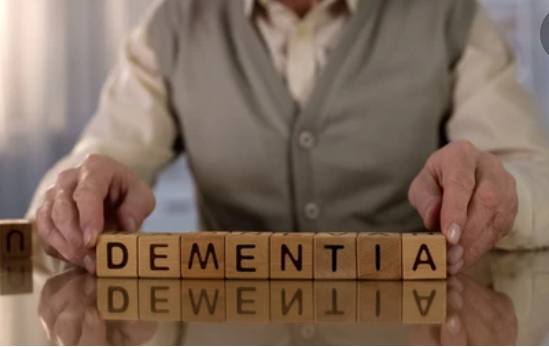In a word: Yes! Research has found 12 modifiable risk
factors that are responsible for 40 per cent of dementias.
What does modifiable risk factors mean? It means if we can
reduce these factors, we can potentially reduce the risk of dementia.
What is dementia?
Dementia is not a normal part of ageing, nor is it a
disease. It’s a group of symptoms that affect your memory, thought processes
and social abilities. Several diseases can cause dementia and Alzheimer’s
disease is the most common.
Dementia affects almost 55 million people worldwide and
there are nearly 10 million new cases every year.
People with dementia often become forgetful and confused.
They can sometimes feel angry when they don’t understand why they’ve forgotten
something, or why things seem to be changing around them. It can be extremely
difficult for their loved ones.

What are the risk factors we can control?
The 12 risk factors cover a person’s lifetime, from early
childhood into late age. While several of the factors are outside of our
personal control, such as air pollution, others are within our control. Here
are the risk factors that you can personally do something about:
- alcohol use in mid-life – from 45 to 64 (above guidelines of 10 standard drinks a week and 4 drinks on any one day)
- obesity in mid-life
- high blood pressure (hypertension) in mid-life
- smoking in later life – from age 64
- physical inactivity in later life
- social isolation in later life
The other factors are:
- hearing loss
- traumatic brain injury
- depression
- air pollution
- diabetes
Start now
The good news is that it’s never too late to start making
changes. With so many risk factors coming into play in mid-life and later life,
the changes you make today can have an impact on your risk of dementia.
These lifestyle changes will also reduce your risk of other
chronic disease such as heart disease. By reducing alcohol and smoking, and
increasing physical activity and social connections, you can have a profound
impact on your future health and happiness.